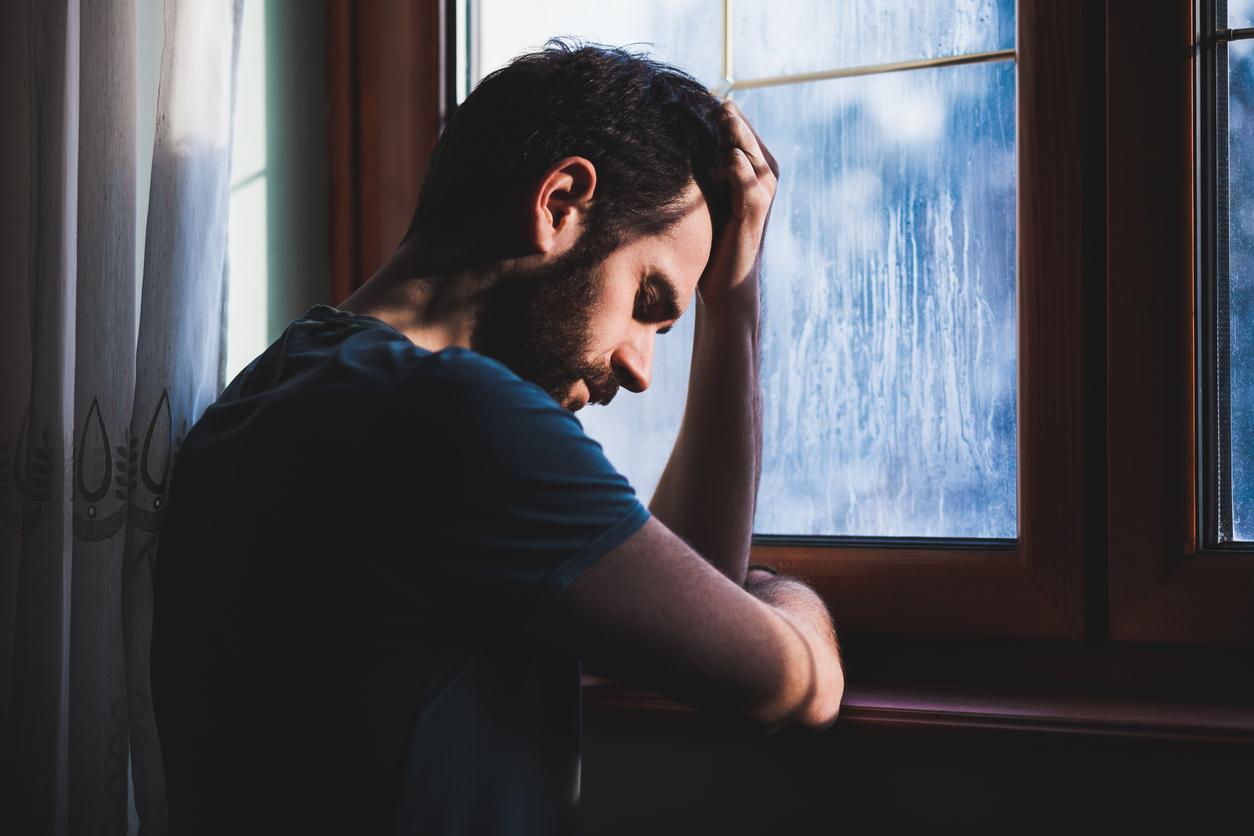Guilt accompanies the psychological trauma since it allows the brain to cope with the situation.

- Guilt is a defense mechanism that allows you to regain control of the situation at the origin of the trauma.
- 5 to 12% of the population would suffer from post-traumatic stress.
If traumas are frequent, it is because we can all experience at one time or another in our lives an unexpected event that is so unpleasant that it has marked our emotional state for a long time. If there is one point in common to all these traumas, it is guilt, which has a role to play for our brain.
Why do we feel guilt after a trauma?
Whatever the trauma, the victim blames himself for having experienced the event and very often feels responsible for not having avoided it. Even if in fact she is not guilty of the trauma she experienced, that’s how the brain interprets her to face the situation and tell herself that she could have done otherwise.
Finally, guilt is a defense mechanism that allows you to regain control of the situation at the origin of the trauma: “I should have stayed at home that evening”, “I should have broken up with him before”, etc. .
How do you overcome this feeling of guilt?
Guilt after a psychotrauma can take different forms and in particular that of depression since the brain begins to think that the victim no longer deserves to laugh or to be happy after what has happened. It can thus hide in all aspects of daily life very quickly after the traumatic event.
To overcome it, it must already be identified, preferably during psychotherapy, to distance the person(s) responsible for the damage in the traumatic event. The victim is thus solely responsible for the way she manages it and must be able to access her own forgiveness to resume her life.
Find out more: “Guilt, the emotion that kills – How to free yourself from it…” by Gilles Gandy.
















